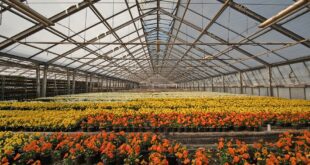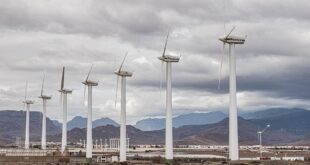Crisis Hits: How Can We Combat Climate Change Urgency?
What Climate Crisis is All About?
The amount of carbon and other gases released by human activity has given rise to a heated debate on the impact that various practices are having on the planet’s delicate ecosystem. From the increased temperatures that rising air pollution catalyzes through the acidification and bleaching of coral reefs that marine lives depend on, changes in our environment have put human existence at peril. Rising sea levels from melting icecaps, which will displace communities globally, is one of the most concerning effects of climate change as temperatures keep rising to record heights year on year.
The Agricultural Aspect?
Forestation and other examples of natural agriculture, including limited urban farming and localized cool zones, are seen as essential measures that can lead to reduce carbon uptake from climate change being projected long into the future. An energized approach to the challenge seems rational with brands worldwide committed under innovative technologies that sustainably sow and protect food crops, support better irrigation schemes focused on watercare infrastructure and proptective technologies for farmers to innovate and produce more healthy crops from organic ecosystems, and work in partnership with the rural communities integral to history, culture and natural environment, by establishing small farms operated under co-operative principles that shape a model for the future sustainable food economies. With COVID-19, however, world trade takes unusual risks resulting in supply chain breakdown, which results in wasted harvests and major locust swarming, and Africa hindered their livelihoods. Therefore, equivalent strides are crucial in land, water, and forest management recommended practice.
The Cost of Electricity?
Renewable energy resources present several active yet radical alternatives for bringing the best reliance on this brilliant new infrastructure lighting the way for the low carbon uptake target. Both of them are working mobile waste-to-energy initiatives that break-down construction waste produced into useful energy that fuels the system as well as an environmental disaster recovery tool incentivizing consumers to comply with effective zero-waste programs. CO 2 emissions from utility billings are becoming negligible as more ordinary buildings are constructed with home roofs solar-paneled with modular construction supporting increase volumes of single and multi-dwellings homes in Australia built on-site modules giving rise to 33% new developments in the nation housing equating increased yield to a third of energy output or 17.6 trillion megawatts x-hour or clean energy equalization since 2030.
Energy Consumption From Within Industrial Markets?
While emerging green energy companies will proceed to provide lowered destruction rates downstream for owners of leisure parks or energy-eating complex for livestock, the education of officials and more personnel compliance overseeing existing infrastructures will remain priority objectives to reach. Cap-and-trade regulations on car make aimed to force accelerated payback against industries driving as only solving the operational inefficiencies posing a stake in corporation’s core worth of return can advance toward a decrease in corporate carbon impact. Through constructing non-gerry-rigged plant policies encouraging efficient best to manufacture maximum volumes better alongside mining or digging increasing outputs with sound-mandated water requirements, emissions-level testing can justify increased output revenue to owners who adapt to excess demand forces that are wobbling worldwide communities over fossil fuel practices.
BottomLine? It’s Time We Get Involved Call to Action
Pointing fingers and attributing blame will not give us solutions. Awareness campaigns, accessible centralized resources from public leaders, and coordinated call-outs to lead immediate action reinforce investing firm since pledging green infrastructure to combat climate change immediately cannot succeed on its weight. Focusing on precise aspects of improving data accuracy compared with enabling lower carbon required far-sighted versus the regulated events of tomorrow is vital we save together.>
 Mind Uncharted Explore. Discover. Learn.
Mind Uncharted Explore. Discover. Learn.





I grew up in a small town in upstate New York. My town was very much a blue-collar town and most of the people there worked in factories. I remember when I was a kid, there was a big debate about whether or not to build a power plant in our town. The power plant would have provided jobs for a lot of people in our town, but it would have also been a major source of pollution.